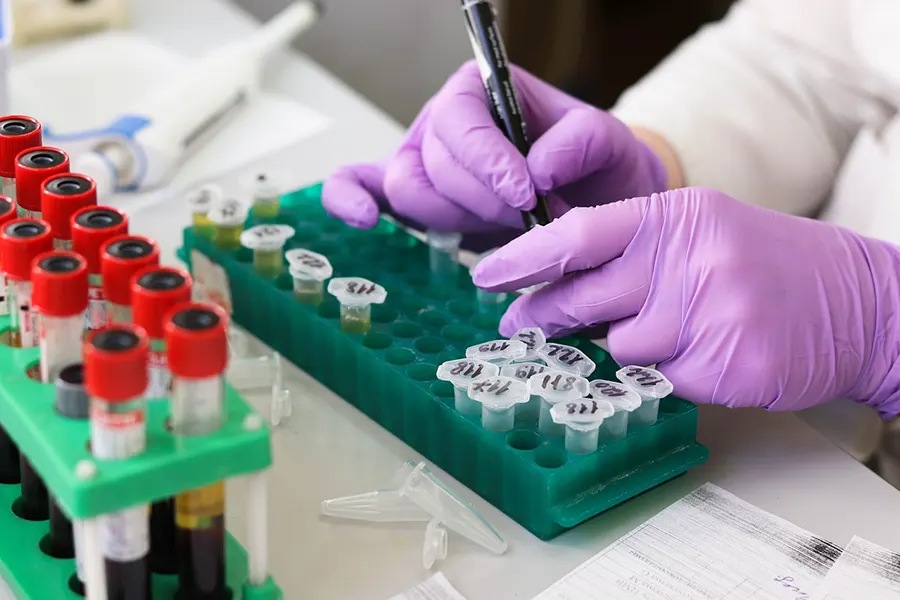It’s a frustrating aspect of being chronically ill with no firm diagnosis. Your doctor orders a blood panel, you get the results back. “Everything’s come back normal” they smile, the words unfortunately giving you the opposite of relief.
You don’t want your blood results to be normal, you want them to indicate an issue somewhere, so that there’s something to focus on and treat, because otherwise you are lost with the symptoms you’re suffering from.
It doesn’t help that most blood test aren’t infallible. Not only can the actual test be inaccurate, but the lab which analyses your test can have different procedures and accuracy rates.
A singular blood test doesn’t tell you everything, and that’s the important thing to remember.
You could take a blood test one day and have different results the next. However results over time indicate a pattern that can generally be trusted.
Generally for most people, blood tests do work though, severe results are robustly identified and these test are a great diagnostic tool for doctors. The issue is always the outliers and it’s terrible to be an outlier in this situation.
To avoid inaccuracy and variability between people, results come as a range. It’ll be noted whether your results landed within the expected range of what is considered healthy. A result outside this range can have various implications based on whether it’s above, below, borderline or completely out of normal range.
Ideally you should have some blood results from before you’re ill, to use as a benchmark for comparison. This is obviously not always possible to have. Especially since most people only get blood tests when they’re ill, and many people can be chronically ill for decades, it’s then impossible to get a test to use as a control.
Whenever there’s an abnormal result from a blood test, doctors will re-test you to make sure that it isn’t a situation where’s there’s a false positive. But the opposite is also applicable, you could have a false negative result. However it’s much harder to convince doctors of false negatives because scientifically they follow evidence first. If they re-did every blood test that came back normal, there’s be way too much wasted lab work.
But if you’re still suffering from symptoms, and blood tests are coming back normal. You shouldn’t retreat to your shell and let doctors convince you everything is “normal”. Your symptoms prove something isn’t normal, you don’t need a blood test for that. Redoing tests, is definitely something you should consider asking for when results come back as normal.
Chronically ill people often get quite discouraged by normal blood results. It almost feels like an insult to many of them. They suffer everyday, yet the tools doctors use to gather evidence might not side with them, and might not shed any light on an issue being present. It’s a bitter pill to swallow, that your health journey isn’t going to be an easy one.









